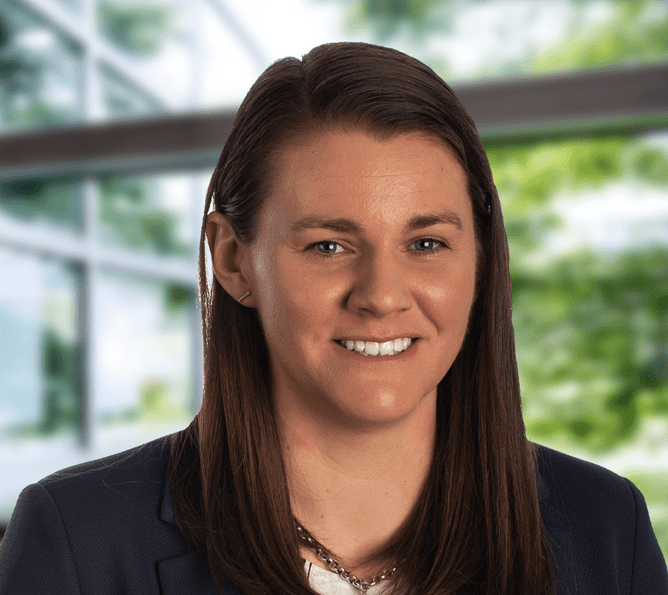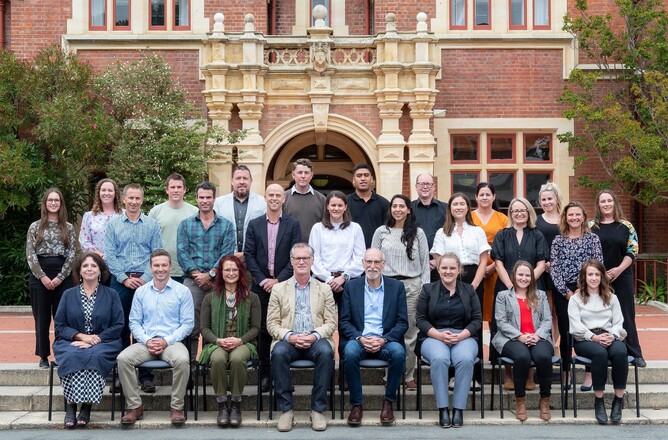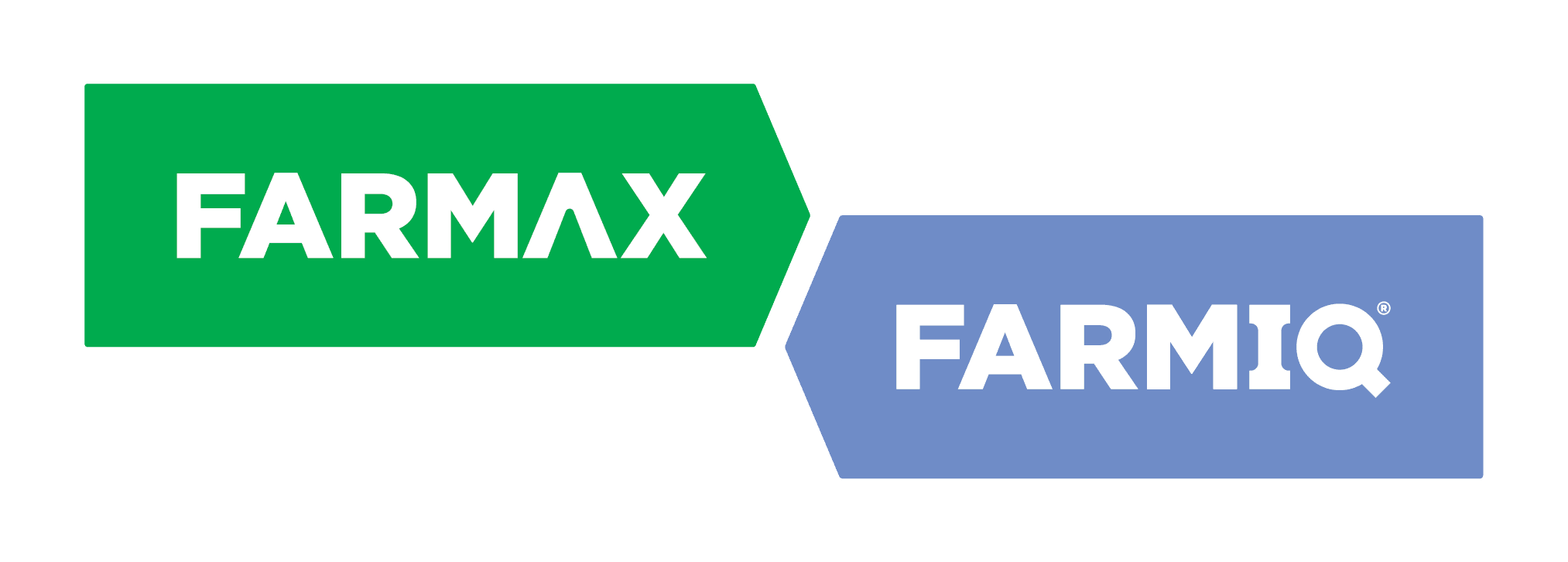We recently sat down with the FARMAX/FarmIQ Emerging Rural Professional 2021 Award winner, Jemima Snook, who has just completed the Kellogg Rural Leadership Programme. The award is given out annually at the New Zealand Institute of Primary Industry Management (NZIPIM) conference and its focus is to recognise passionate and innovative young people in Aotearoa’s agricultural industry, and Jemima put her prize money towards completing the Kellogg programme.
“As a manager in the agricultural business team at BDO, I work with a large number of farmers daily,” says Jemima. “New Zealand agriculture is something that’s always been close to my heart, especially when it comes to finding ways to help farmers improve their businesses. Naturally, when my colleagues saw the FARMAX/FarmIQ award, they encouraged me to take my interest to the next level and apply.”
The award includes $3,000 towards the winner’s professional development, such as a research project or an overseas study tour. Every winner brings forward a research project or course focused on improving the life of New Zealand farmers. In Jemima's case, she was thrilled to be able to put her winnings towards completing the Kellogg Rural Leadership Programme, where she could research and publish her findings on the importance of non-financial reporting.
Not for the faint of heart, this leadership program is condensed into five months and is broken out into three parts: leadership tools and training; decision making in the political, economic and environmental context; and the completion of a research project to be published at the end of the course.
Jemima’s findings focused on how non-financial reporting can be a valuable measure to help farmers improve their business and comply with new regulations and changes. Her research shows how this level of reporting can generate value for the business by improving sustainability and communication with key stakeholders. The report can be reviewed in more detail here.
When we asked her about some of the standout findings from her research, she mentioned how important it is to incorporate non-financial information into the business planning process when identifying the desired outcomes, and then using non-financial KPIs in conjunction with financial results to monitor progress.
Another standout was the range of social sustainability KPIs given by interviewees, and a common theme was that having good people engaged in your business was key to helping achieve sustainability goals. She also mentioned it was surprising, in the best way, to see how much the top farmers are already doing in this space and how it’s really helping them manage risks and plan for the future.
“While challenging, the research was fascinating to do, and I feel fortunate to have had the chance to engage with so many wonderful farmers while working on this project,” says Jemima. “The research I was able to do with Kellogg has helped me in numerous ways in my day-to-day work at BDO and beyond. I’m also incredibly grateful to my team here who supported me in taking this course on top of my regular workload.”
In terms of what’s next? In the long term she would love to see a form of sustainability benchmarking and be involved in helping to create something useful for farmers to use in planning for the future. She says her curiosity continues to grow in this space, and she’s keen to keep learning more about the industry and finding ways to help farmers take their business to the next level.


